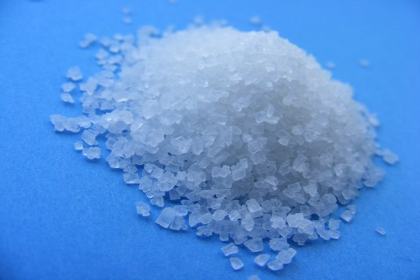
Leaked Podesta Emails Confirm Suspicions about Aspartame Dangers
Artificial sweeteners such as aspartame are typically used to sweeten so-called "diet" foods and beverages in lieu of sugar or high-fructose corn syrup (HFCS). The idea is that reducing your calorie consumption will result in weight loss.
November 9, 2016 | Source: Mercola | by Dr. Joseph Mercola
Artificial sweeteners such as aspartame are typically used to sweeten so-called "diet" foods and beverages in lieu of sugar or high-fructose corn syrup (HFCS). The idea is that reducing your calorie consumption will result in weight loss.
However, research has completely demolished this notion, showing that artificial sweeteners actually have the converse effect; they actually lower appetite suppressant chemicals and encourage sugar cravings and sugar dependence, thereby raising your odds of unwanted weight gain.1,2
Research has repeatedly shown that artificial sweeteners promote insulin resistance and related health problems just like regular sugar does, including3,4,5 cardiovascular disease, stroke6,7 and Alzheimer's disease.
While poor diet is a major driver of Alzheimer's in general (the primary culprits being sugar/fructose and grains, especially gluten), the key mechanism of harm here appears to be methanol toxicity — a much-ignored problem associated with aspartame in particular.
In a previous interview, toxicology expert Woodrow Monte, Ph.D., (author of the book "While Science Sleeps: A Sweetener Kills"8) explains the links between aspartame and methanol toxicity and the formation of toxic formaldehyde.
